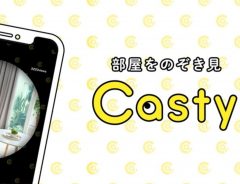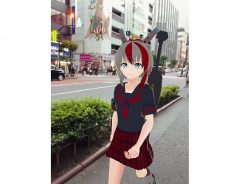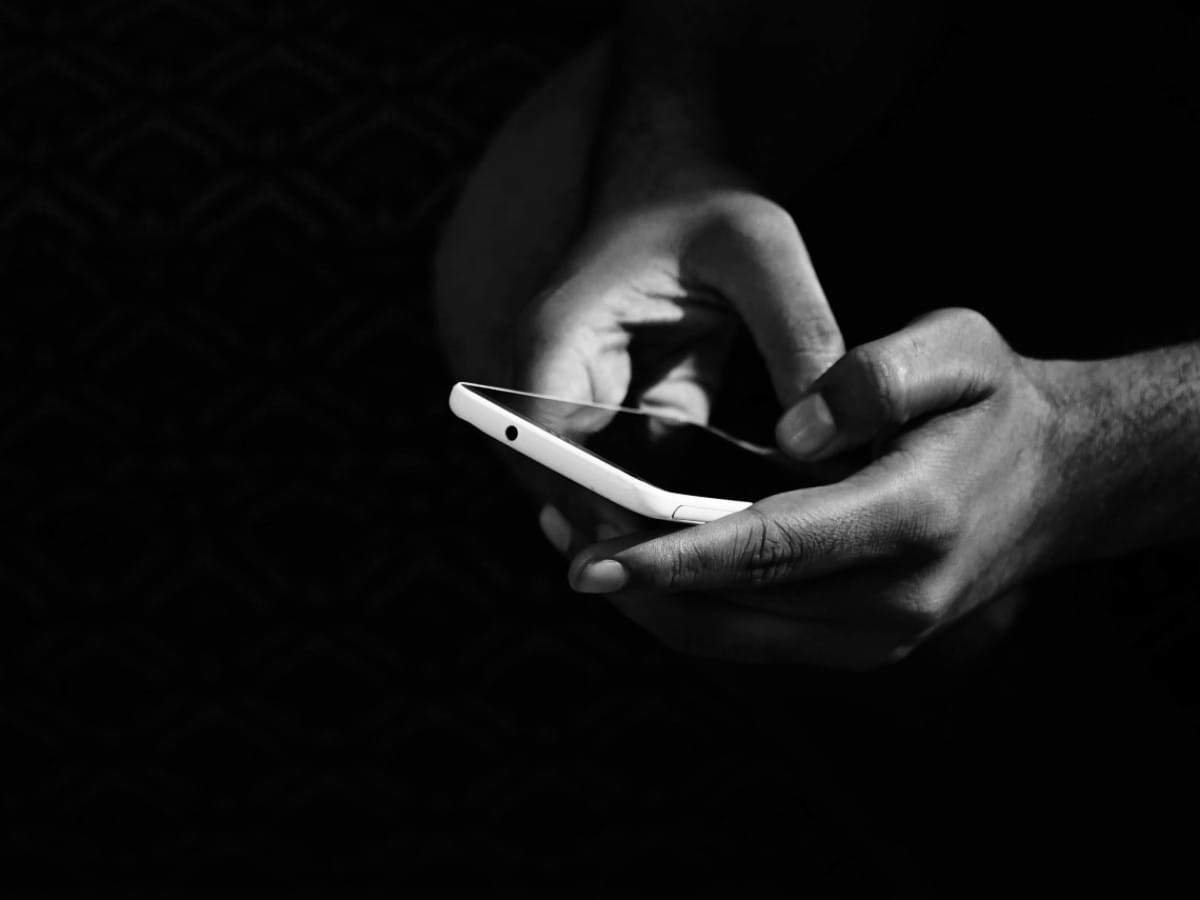- Tags:
- App / contact tracing / programmer
Related Article
-

New Japanese mobile app Casty offers “room-peeping” streaming service
-

Amazing new app lets avatar users walk around in the real world
-

Japanese indie app developer’s lifelike AI-controlled CG goldfish have Twitter stunned
-

Wish You Could Get Paid For Switching To A Healthier Lifestyle? Now You Can.
-

Made-to-Order “VR Boyfriend” Serves Up Coffee and Romance On Your Smartphone
-

Japanese CG Crime Reenactment Maker App Released, Hilarity on Twitter Ensues



Like the rest of the world, Japan has been walloped by the COVID-19 pandemic. Many restaurants and small businesses have shuttered shops as shopping districts remain largely deserted. Although the number of new cases appears to be decreasing, there is increasing concern about what the country may open up to as the lockdown is ended. The Japanese economy, it seems, may face an unprecedented slowdown.
Central bank governor Haruhiko Kuroda is well aware of the perils the domestic economy faces. Speaking to a quarterly meeting of the Bank of Japan's regional branch managers in April, he painted a dire outlook while underling the likelihood of future monetary measures.
“The spread of the coronavirus is having a severe impact on Japan's economy through declines in exports, output, demand from overseas tourists, and private consumption," he warned. "For the time being, we won't hesitate to take additional monetary easing steps if needed, with a close eye on developments regarding the coronavirus outbreak."
Perhaps exacerbated by such dire predictions, public ire is increasingly aimed at officials. Prime Minister Shinzo Abe, for example, has faced a wave of criticism as the so-called “Abenomask” initiative and other relief programs were rolled-out.
Even cash handouts have not escaped widespread criticism. The government began a universal payment program offering 100,000 JPY ($940) after early considerations for family-based payments fell flat as many vulnerable citizens were not covered. The initial proposal, aimed at families with effected incomes, floated payments of 300,000 JPY ($2820).
Despite the compromise, many balked at the notion of direct cash handouts. Finance Minister Taro Aso, Abe’s second in command, broke with the Prime Minister discounting the viability of the program
Preparing to Reopen
In late April, virus-hit Hokkaido was forced to reenter lockdown after opening too early. Following an initial drop in infection rates resulting from an aggressive lockdown campaign, infections spiked quickly as the northern island reopened for business.
Despite such a change of fate, Prime Minister Abe recently lifted the COVID-19 state of emergency for a majority of Japan’s prefectures ahead of schedule. The move comes as the LDP increasingly seeks to manage the spread of the disease while mitigating the fallout of the overwhelming economic impact.
The Prime Minister has acted quickly to limit expectations. He has warned of a resurgence and the possibility of future measures while suggesting there may be something of a new normal. In so doing, he called on residents to adopt "new lifestyles" as they continue social distancing efforts. Residents in densely crowded and hard-hit areas like Tokyo and Osaka are still under lockdown measures.
While risks remain, recent developments do give lawmakers reasons to be cautiously optimistic. Fujirebio, a company specializing in clinical diagnostics and assays, has developed an antigen testing kit that the government plans to quickly approve. The test, which involves a simple nasal swab, tests for proteins produced by the virus. The tests are quick, although less effective than the commonly used PCR tests. Authorities hope that widespread testing can help officials identify infected individuals while maintaining the spread of the virus.
While this is a marked innovation, a perhaps equally effective tool has recently been developed by a tech-savvy resident. One twist, however: the developer responsible is a sixteen-year-old teen.
Contact Tracing with The Asiato App
Recently, Syu Kato, a 16-year-old programmer, released Asiato. In Japanese, Asiato means "footprint." As such, it is a descriptor for the young entrepreneur's original application, which empowers users with GPS-facilitated contact tracing.
Contact tracing is the practice of tracing and monitoring the contacts of infected individuals while quarantining those who have a high probability of having been exposed to the respiratory infection. Recommended by world health officials, it is currently viewed as one of the primary methods, short of a vaccine, that may help limit the spread of the COVID-19 respiratory infection.
Kato’s app automates this process. The iPhone software uses GPS to track users' movements creating a log of their whereabouts. If a user becomes infected, the app can identify where they have been over the last several weeks. In the absence of an infection, the data is not shared but stored privately on the device.
Other nations are promoting similar software. China, Singapore, South Korea, and other Asian nations have adopted the app, while India has mandated residents use such technology. Western nations, on the other hand, have expressed concerns about tracking apps' privacy implications. While the same concerns exist in Japan, the government is only capable of requesting, not demanding, residents stay home. Software like Asiato may prove to be a kind of "necessary evil," as officials seek to reopen the economy while containing exposure. Although, currently, no mandate is in place.